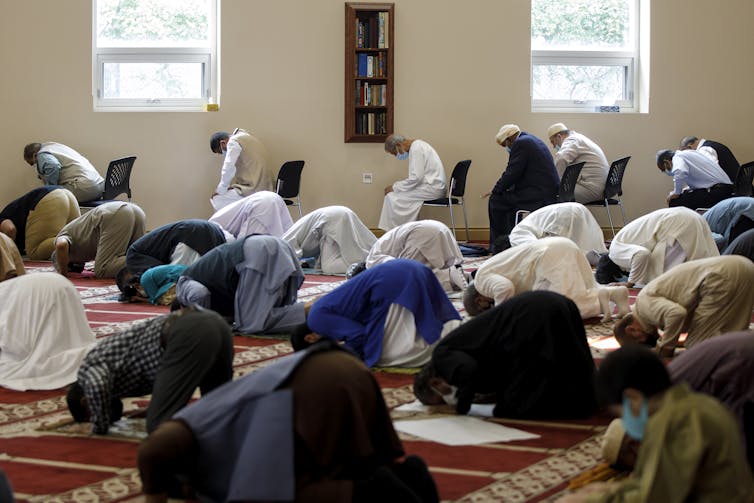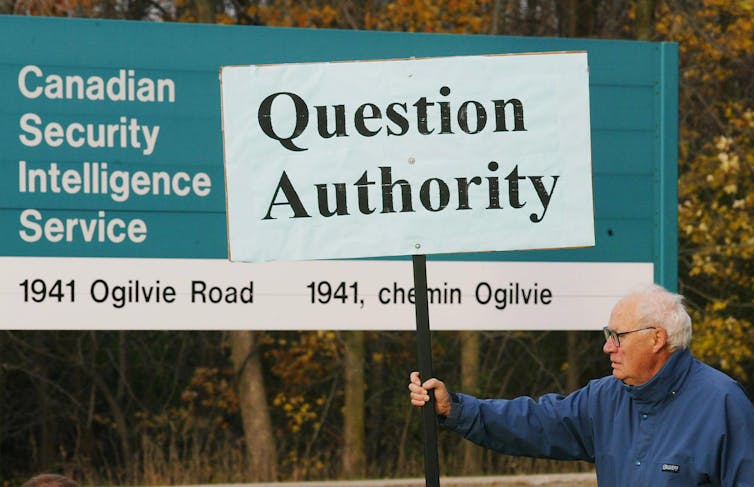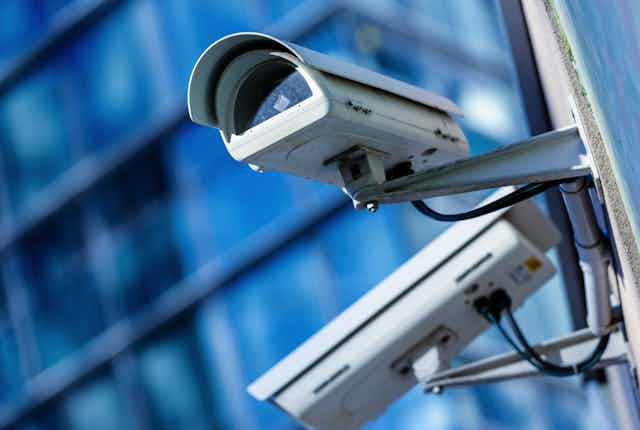There has been an uproar recently among politicians who have called for the resignation of Amira Elghawaby, Canada’s first special representative on combating Islamophobia.

The position was created in January 2023 to address the longstanding discrimination, hate crimes and intolerance faced by Muslim communities across the country.
In recent years, Canada has witnessed the highest number of Muslims killed in hate-motivated attacks out of all the G7 countries.
The controversy stems over Elghawaby’s 2019 criticism of Québec’s Bill 21. The law prohibits public servants from wearing religious symbols like hijabs, turbans, yarmulkes and crosses.
The bill has been criticized for unfairly impacting Muslim communities — particularly Muslim women.
There was also criticism of remarks Elghawaby made in response to an opinion piece that said French Canadians were the largest group in Canada to be victimized by British colonialism.
In response, Bloc Québécois leader Yves-François Blanchet, has called on the federal government to scrap the position of the special representative on combating Islamophobia altogether.
However, our research on the treatment of Canadian Muslim communities by the Canadian Security Intelligence Service (CSIS), shows how vital it is to address institutional Islamophobia.
In our recent study we interviewed 95 Muslim community leaders living in five major Canadian cities to learn about their experiences with CSIS.
This study is the first of its kind to map the anti-Muslim tactics employed by CSIS in its racialized surveillance of Muslim communities.

Muslims face mass surveillance
We found that CSIS adopts specific surveillance practices that are informed by Islamophobic tropes. This works on the premise that Islam and any expression of religious devotion to it represents a potential terror suspect.
Consequently, CSIS engages in mass surveillance that brings entire Muslim communities under suspicion. It relies on false radicalization assumptions that depict Muslim communities as hotbeds of extremism that must be contained through aggressive surveillance strategies.
CSIS engages in mass surveillance with devastating and prolonged effects on Muslim communities. We found that mosques have been transformed into sites of surveillance rather than a safe place for religious worship and community gatherings.
CSIS treats mosques as sites of radicalization and incubators of extremism in order to legitimize its intensive policing and infiltration. CSIS monitors who enters and exits them, and members, especially imams, are subject to interrogation and forced to provide intelligence on their congregations. We found there is a persistent deployment of CSIS operatives at mosques.
Muslim youth in particular are heavily targeted by CSIS. Those who attend mosques, are involved in Muslim student organizations, attend Muslim gatherings or summer camps are frequently interrogated by CSIS, often without their parents’ permission.
Muslim university students who we spoke to informed us they have found recording devices in their campus prayer spaces, and had their social media scanned. The result is that Muslim youth are subjected to extreme forms of state surveillance. At the University of Toronto, faculty and lawyers have even set up a support line to help Muslim students and provide representation when they are contacted by CSIS.

CSIS relies on coercive techniques
A key CSIS tactical strategy is the use of coercive techniques to pressure ordinary citizens to become informants. We were informed that CSIS threatens to show up at the workplaces of individuals who refuse to talk to them. They particularly seek out refugees or those with precarious immigration status.
They also use aggressive tactics such as making unannounced visits to people’s homes in the middle of night; actions that intimidated entire families, including children. We were informed that this is a common practice as individuals are unable to access legal counsel or community support at such times.
Political activism targeted
Those politically active and critical of the Canadian state found themselves at higher risk for interrogation. In our study, we found those who criticize state policies — particularly concerning politics in the Middle East — come under increased surveillance.
We were informed of the deep chilling effect this has on Muslim communities. Those we interviewed spoke about being fearful of voicing their concerns regarding state practices, as they believe this would incur CSIS surveillance.
This level of political suppression directly violates the CSIS Act. This act prohibits investigation of lawful advocacy and dissent.
The result for Muslim communities is a culture of suspicion and internal fear. We were informed of the common suspicion that others in the community are working for CSIS. Furthermore, some concealed being approached by CSIS because they believe they could be ostracized within their own communities.
Islamophobia institutionalized in Canada
CSIS is just one institution that racially targets Muslims. There are a host of other counter-terrorism laws and practices that also operate to reproduce racist perceptions and assumptions about Muslims. For example, our previous research has documented how Canada’s no-fly list and security practices at Canadian border crossings function as endemic practices of institutionalized racism. They target Canadian Muslims, exacerbate racial profiling and subject people to demeaning treatment.
Contrary to the demands for Elghawaby’s dismissal, our work speaks to the vital need for a special representative on combating Islamophobia and to make addressing Islamophobia an urgent priority.

